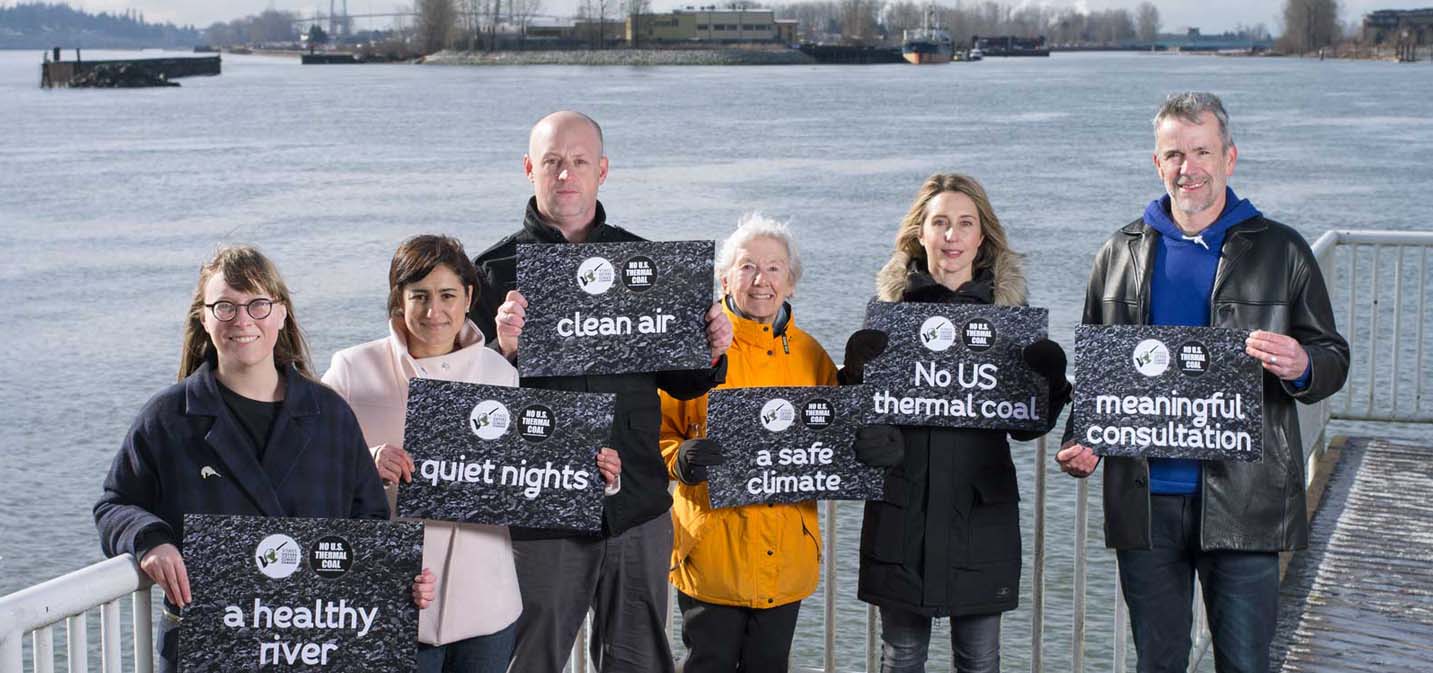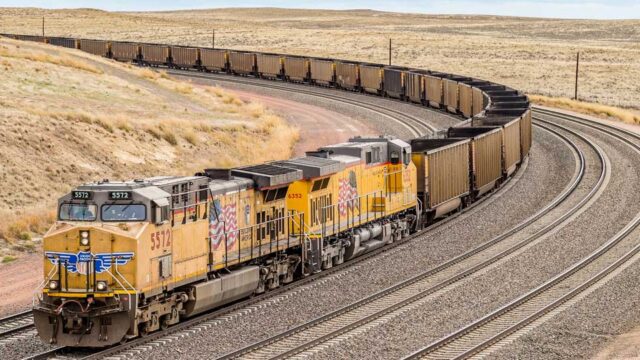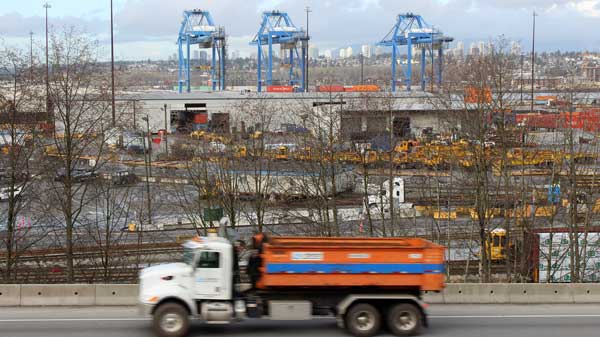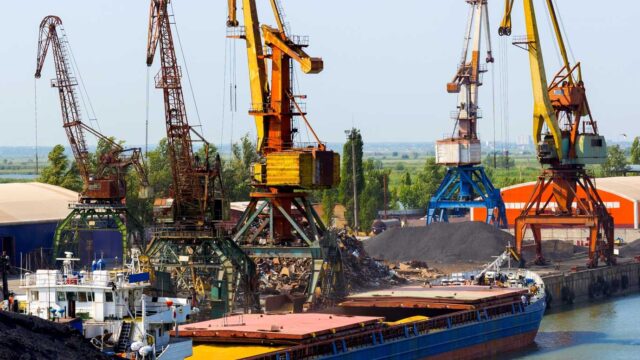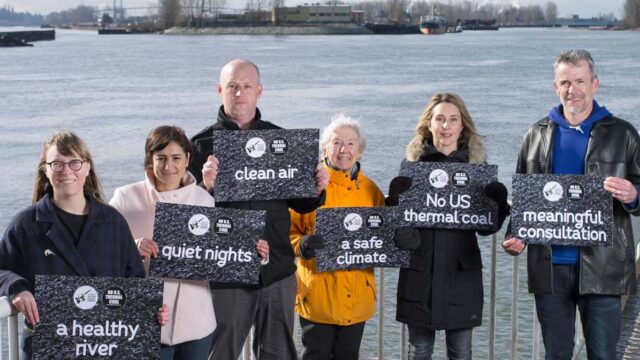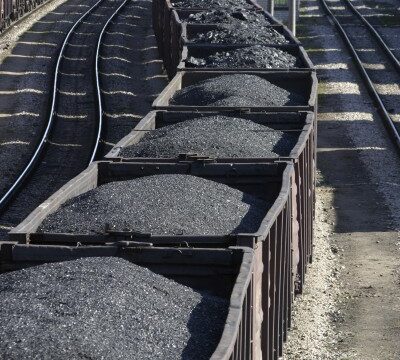The Fraser Surrey Docks coal project is dead, following a years-long Ecojustice legal challenge and the sustained opposition from determined, grassroots community organizations.
If built, the Fraser Surrey Docks project would have seen up to four million tonnes of thermal coal carried by open-car rail from Wyoming’s Powder River Basin through Vancouver’s Lower Mainland each year, ultimately bound for export to foreign markets. When burned in overseas facilities, the coal shipped through the project would have contributed nearly seven million tonnes of CO2 emissions each year to the grave threat of manmade climate change.
Fortunately, the Vancouver Fraser Port Authority axed the permit for the facility in January 2019.
The decision to cancel the permit came midway through an Ecojustice appeal of a Federal Court decision that could have allowed the new coal transfer facility to go ahead. In the absence of a permit, however, the Federal Court of Appeal declared Ecojustice’s case moot on April 18, 2019, officially ending the years-long legal fight against the project.
Ecojustice’s clients, Communities and Coal and local residents Paula Williams and Christine Dujmovich, first launched their legal fight against the project back in 2014 because they had major concerns about the project’s human health and climate impacts. (Communities and Coal Society, Voters Taking Action on Climate Change, Christine Dujmovich, and Paula Williams v. Attorney General of Canada, Vancouver Fraser Port Authority, and Fraser Surrey Docks Limited Partnership, 2018 FC 35.)
Health experts have linked exposure to coal dust to respiratory illnesses. Diesel particulate matter emitted by trains carrying coal is also associated with pulmonary inflammation, asthma, heart attacks and cancer risk.
Unfortunately, in declaring the case moot, the court did not weigh and decide on important arguments that Ecojustice brought forward.
Ecojustice lawyers had argued that conduct of the Port and its officers gave rise to a reasonable apprehension of bias when it greenlighted the coal project — in part because the port’s employee bonus scheme offered significant financial incentives for executives to move the project forward despite concerns from local residents.
A ruling could have clarified whether or not a project can go ahead when the people charged with approving it are or appear to be biased. Without a ruling in this case, settling that question will have to wait for another day.

